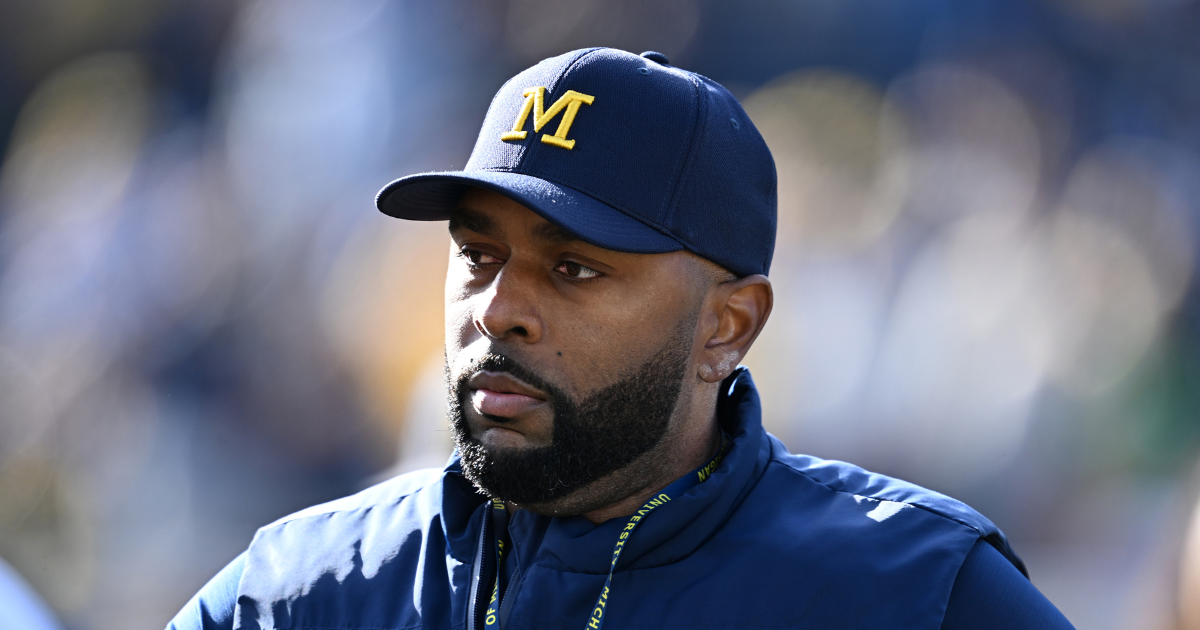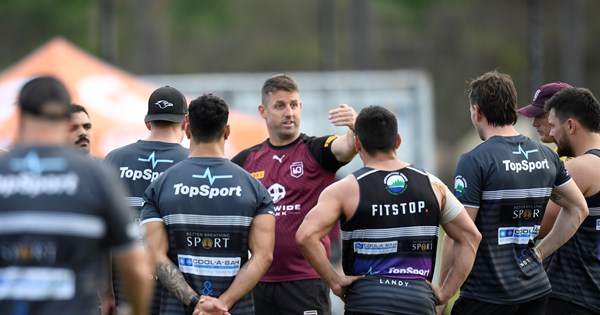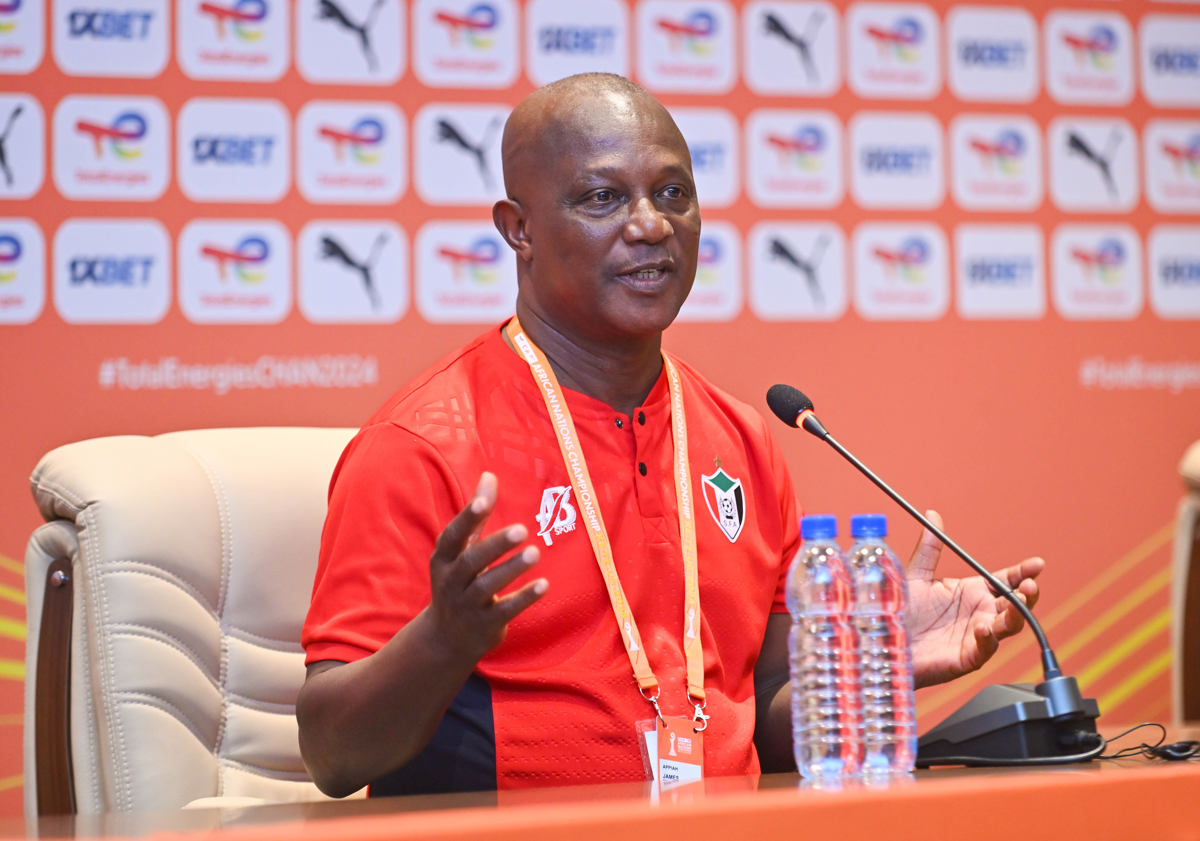Serena Williams’ endorsement of weight loss medication is a game changer

There’s a Williams sister due on court in New York tonight, but it’s not the 23-time Grand Slam tennis champion. Long before she retired from professional tennis in 2022, Serena Williams (43) had embraced the business world. Now, with her new role as a celebrity patient-ambassador for a company selling weight-loss medications, she seems poised to become a game-changer for the pharmaceutical industry.As US Open wild card Venus Williams (45), a legend of the sport in her own right, prepares to walk on to Arthur Ashe court at midnight Irish time for her first-round match against Karolína Muchová, her sister is in the news thanks to an off-court development.The younger Williams has revealed how her 31lb (14kg) weight loss after the birth of her second daughter, Adira, was achieved over a period of eight months with the assistance of GLP-1s, which is the group of drugs used to treat diabetes and, more recently, obesity. GLP-1s are more commonly known as weight loss medications including brands such as Ozempic, Mounjaro and Wegovy.It is not a coincidence, of course, that many women will relate to Williams’s account of struggling to lose weight after childbirth, even if not everyone tries “training five hours a day” and “running, walking, biking, stair climbing” as she did.“As an athlete and as someone that has done everything, I just couldn’t get my weight to where I needed to be at a healthy place, and believe me I don’t take shortcuts. I do everything but shortcuts,” she said in an interview on NBC show Today. In a separate conversation with Elle magazine, she spoke of her need “to try something different”.Williams also cited other health considerations, such as diabetes in her family and a need to relieve pressure on her knees, as well as the influence of friends who were already trying GLP-1s.Her stated desire to break the stigma around weight-loss drugs and have “a more open conversation” about their role will be welcomed by many users of medications like Mounjaro who are fed up being judged for their choice.But Williams is a whole other category of patient. She is a spokesperson for Ro, a US telehealth company selling brands such as Wegovy (semaglutide) and Zepbound (tirzepatide, known here as Mounjaro). Her husband, the Reddit co-founder Alexis Ohanian, is an investor in Ro and serves on its board.Both Williams and Ro have been completely upfront and transparent about this. Still, the partnership has left some observers uncomfortable.[ Monitoring Ozempic use in sport: the miracle drug that surely swerves the doping code?Opens in new window ]Although she is not the first sportsperson to promote GLP-1s, Williams is the most high-profile and easily the most significant.As a champion who has overcome health challenges in the past, she has exemplified resilience, excellence and triumph over adversity. Her body has been much scrutinised since she and Venus first came to the fore in the late 1990s, and since then she has seen off various naysayers and their often-spurious criticisms of how she handled her off-court career. Her strength of character has combined with record-breaking success to make her a much-admired role model.This makes her tie-up with Ro a case of game, set and match to an industry that stands to benefit from substantially widening the pool of people who take GLP-1s.“Serena knows people may be surprised to learn that she would use a GLP-1, and that’s exactly why we think she is the perfect person to share her story,” a spokesperson for Ro told Reuters.Indeed, while her compatriot and fellow tennis champion Coco Gauff now holds the title of highest-paid active sportswoman in the world (as estimated by Forbes magazine), Williams retains massive influence and a celebrity status that transcends her own sport.In the Open Era of women’s tennis, her achievements are unparalleled, with her total career prize money of $94.8 million more than twice the sum won by the second-ranked player on the list (who, for now, is Venus). Forbes has calculated that, as of March, her total wealth stands at $350 million.[ Drugs like Ozempic aren’t changing negative narratives around diet and weightOpens in new window ]Her venture capital firm Serena Ventures focuses on investing in early-stage companies with diverse leadership, while she has been advised on her business interests by Consello Group, the company set up by Irishman Declan Kelly, since April 2024.Her partnership with Ro seems destined to become a commercial smash for another simple reason: prescription drugs can be legally advertised in the US.Even in Canada, where there are certain restrictions governing the advertising of prescription drugs, armchair tennis fans around the world will have been struck by the prominent appearance of the brand name Ozempic at the Canadian Open in Montreal earlier this month. The name of the semaglutide injection, as one of the sponsors of the event, was visible behind female players as they served.It was all the more curious to spot “Ozempic” emblazoned courtside, in a professional sporting environment, as sport’s World Anti-Doping Agency (Wada) has added GLP-1s to its monitored substances list and is expected to rule in 2026 on whether they will permit athletes to use them.Celebrity endorsers – especially those with a vested interest, like Williams – will no doubt continue to attract personal flak.But there is little sign of any serious pushback against pharma giants such as Denmark’s Novo Nordisk, the company behind Ozempic and Wegovy, and Eli Lilly, the company behind Mounjaro, or other companies that profit from these products.Industry players know they can harness the glamour of sport and the legacy of its most impressive stars to normalise the widespread use of GLP-1s. The shortcut, in essence, is a marketing one, and it’s all theirs to take.




.jpg)







